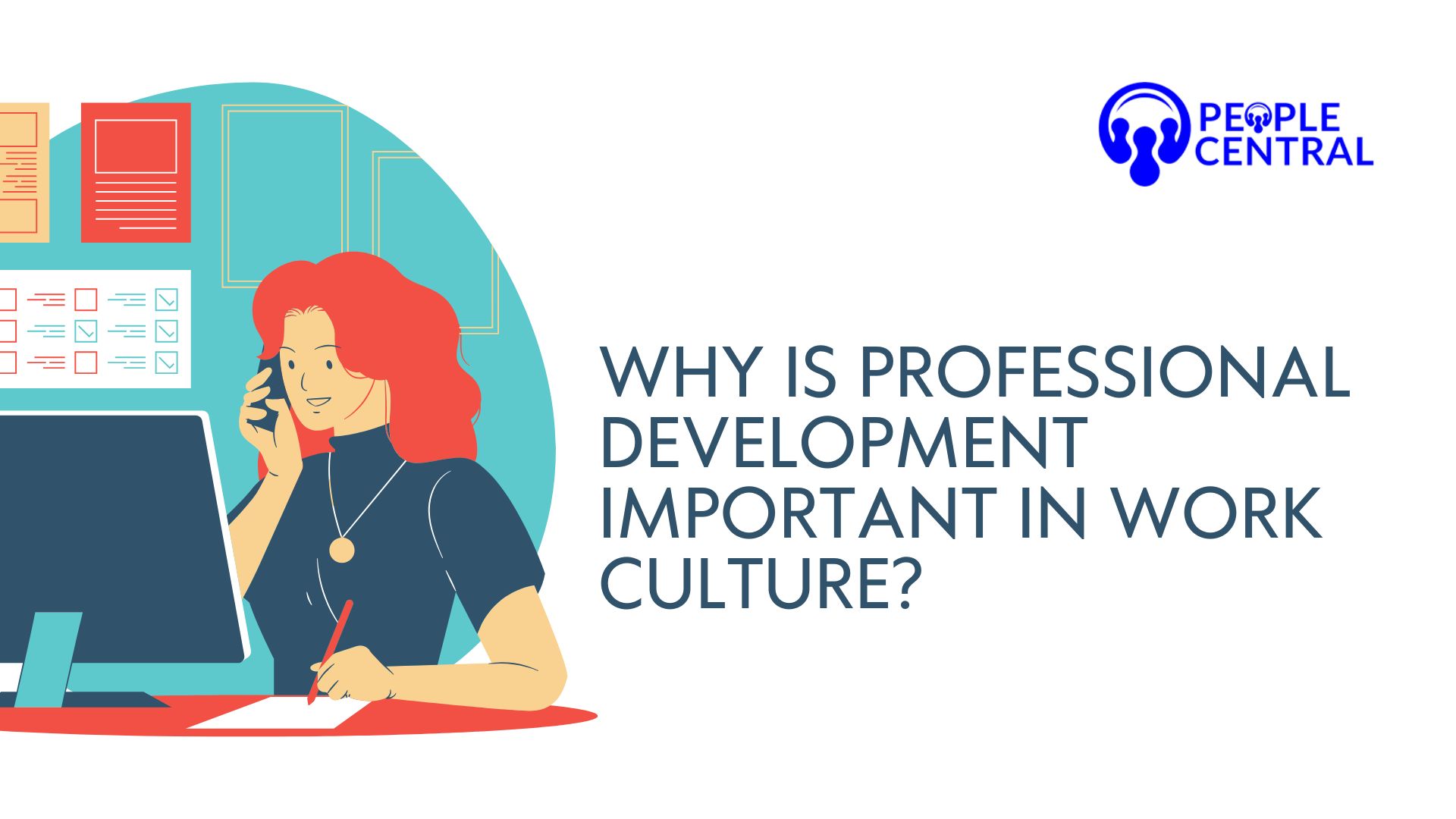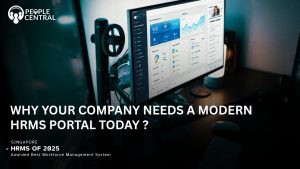Professional Development is more than just a buzzword in the modern age. It is much more critical for shaping an individual’s career and developing the organizational foothold. As Singapore positions itself as the global business center, never before has the necessity for lifelong learning and skill upgrading been felt.
The Evolving Nature of Work
In the evolving and fast-paced workplace, professing that a decade has come forth to learn specialized skills and carry them through the rest of the career has become forlorn. As technologies change industries at a tremendous pace, the workforce itself will need to change or become utterly irrelevant. To quote a recent study by SkillsFuture Singapore, nearly 85% of Singapore’s workforce will need to pick up a few new skills by the year 2025 in order to stay competitive in a buoyant job market.
Professional Development: Why It Matters
1. Employee Engagement and Retention
Organizations that continue in Professional Development programs take the message: “We are invested in your growth.” And with this comes the creation of a very strong psychological contract between the employer and employee. In a competitive job market like that found in Singapore, whilst there is an uphill task in talent retention, the trend for organizations that place a priority in learning and development correlates with an increased level of employee satisfaction and lower turnover.
2. Innovation and Adaptability
Whereas Professional Development is viewed as learning new skills, it is also about nurturing an innovative mind. When employees are encouraged to expand in knowledge and capabilities, that would be such a great thing. Most employees are encouraged to:
- Creatively approach problem-solving.
- Bring new perspectives on the existing challenges confronting them.
- Quickly adopt changes in the industry.
3. Career Progression and Job Satisfaction
Professional improvement prospects go hand in hand with advancement in career. Continuing professional development positions the employee with an advantage over:
- More operators’ promotion.
- Better ability to ascendant roles of leadership.
- Greater satisfaction concerning their career’s progress.
Also Read : IRAS Tax Filing Tips For Singapore 2025
Professional Development In The Singapore Context
Professional Development occupies a prominent position in the national workforce initiatives of Singapore’s knowledge-based economy. The government’s commitment to lifelong learning is again visibly demonstrated through initiatives such as:
- SkillsFuture Credits
- Professional Conversion Programmes
- Enterprise Development Grant
The programs illustrate Singapore’s acknowledgment of the fact that Professional Development is fundamental to its competing strength in the ever-changing global economy.
Professional Development: Building a Learning Culture
Successful organizations are usually those that promote professional development programs that focus on:
1. Structured Learning Paths
Establishing a clear roadmap for development that aligns organizational goals and individual aspirations.
2. Mentorship Programs
Fostering knowledge transfer between experienced professionals and emerging talent.
3. Cross-functional Training
Promoting the development of additional skills outside of their primary roles for versatility and better overall understanding across departments.
Also Read : How Payroll Software Can Streamline Your Small Business Operations
Impact Measurement
The efficiency of professional development initiatives may be measured using the following metrics:
- Assessment of employee performance
- Rate of skill acquisition
- Statistics relating careers to the attainment of proficiency in specific tasks
- Return on training investment
Future Outlook
Professional Development will continue to evolve in future. The focus will shift onto:
- Microlearning prospects;
- Personalized learning paths;
- Real-time skill application;
- Cross-cultural competencies.
Conclusion
Professional Development in the current landscape truly is an organizational necessity in order to survive in the fast-paced business world. As Singapore counts human capital as its main resource, periodic investment of time and energy into learning and development becomes a necessity for maintaining a competitive advantage and sustainable growth.
The unequivocal message is that organizations and professionals alike don’t have an option if they are to compete globally: Integrate Professional Development into the work culture, or perish.








 5
5


























